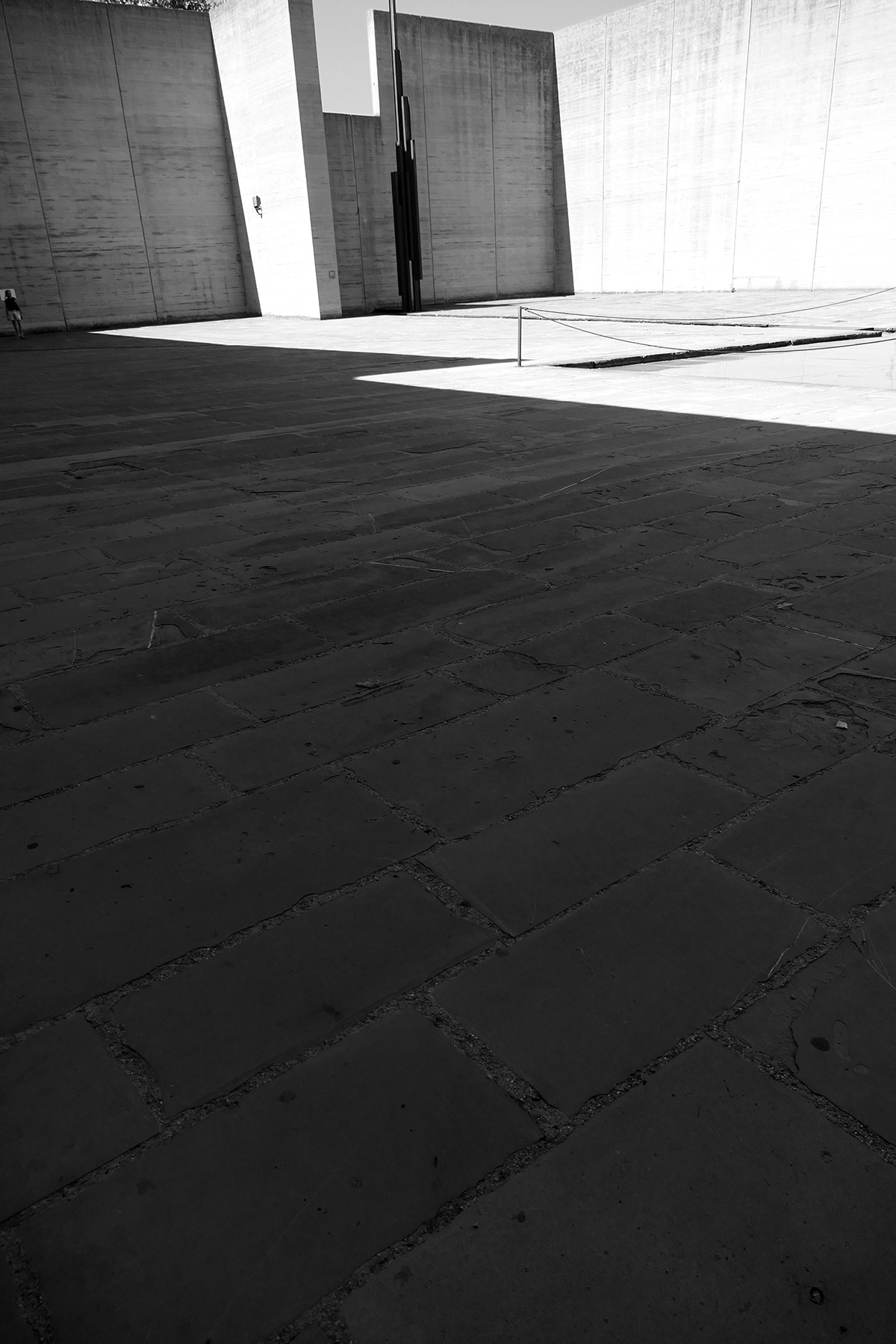Last Saturday, April 25, 2020 marked the 75th anniversary of Italy’s Liberation from the Italian Fascists and Nazi occupation of World War II. Lots of remembrances, celebration and photographs of members of the Italian resistance in the news, often accompanied by renditions of Bella Ciao, the communist partisan song used by the Resistance (before the music got ridiculously usurped by Money Heist, the movie.)


By chance I came across some remarks by Maaza Mengiste, an Ethiopian – American writer, Fulbright scholar and social justice activist. Mengiste published her second novel, The Shadow King, last year to rave reviews. I have not yet read it, but have moved it up on my to-be-read-list when I encountered Mengiste’s thoughts around Liberation Day.
The book is set in 1935 during the Italo-Ethiopian war with Mussolini invading Addis-Abbeba, the precursor to World War II. It focusses on the role of women in war, their ability to fight while being subjected to various forms of oppression. The shadow king of the title is a look-alike of Haile Selassi, who is shown from afar to the Ethiopian soldiers to give them courage and remind them of their duty to sacrifice. All this while the real king sits in exile in Bath, England, running out of money and existing on charity for himself and his entourage.


At its core, say the reviews, is the role memory plays in our understanding and interpretation of history. The way we want to or do remember, just as much as the way we intend to forget those aspects of history that don’t fit into our narrative (be that the narrative of victims, or heroes.) (All this sounds dry, but it was one of Times books of the year….and people say you can’t put it down once you start it.)
*
The complexity of memory culture was only part of the remarks that I picked up by Mengiste on Sunday. A lot of her research in preparation for the book concerned the relationship between the racial segregation laws that were established in Ethiopia, Somalia, Eritrea and Libya, and Italy’s anti-semitic laws that took effect a year later, in 1938. Mengiste considers bigotry as the shared source for the scourges of colonialism and anti-Semitism. And she celebrated the commemoration of the acts of those courageous resistance fighters who put an end to Mussolini’s reign. As one should.


What resonated was her description of the Italian concentration camp Risiera di San Sabba where some of the Jewish soldiers who had fought as Italians and massacred Ethiopeans during the invasion of Ethiopia, and their families, were imprisoned only a few years later before being sent off to Auschwitz. It was the only camp in Italy where people were killed and then cremated, most of those political prisoners. (Photos today from the memorial.)



“I felt in the presence of ghosts,”Mengiste reports. So did I. A short account of my visit two years ago can be found here.
After reading up on the history the Risiera it became clear that the Italians have some of the same problems around public memory of political darkness as do Germans, independent of the formers’ dedicated resistance. Risiera di San Sabba began its life as a contested site of memory almost immediately after the war’s end, in 1945, when the Communist Counsel on the Liberation of Trieste organized a ceremony at the Risiera that established it as “an icon of the Communist resistant.” In 1965, when the site became a national monument, it was reframed as a site of memory for the anti-Communist wartime resistance. In 1975, the ceremonies accompanying the resurrection of the Risiera memorial emphasized the sacrifice of all victims, describing all as war heroes. The ahistorical nature of these narratives meant that there was no differentiation between victims of racial persecution and political persecution (The carnage done to Yugoslav partisans was omitted.)


After the 1976 war crimes trial in Trieste, the site of the Risiera was used to perpetuate an anti-Communist narrative that emphasized the deportation of Jewish prisoners to death camps in Germany and Poland and portrayed Yugoslav partisans as “non-innocent” victims. In other words, the trial contributed to the image of Italians as contributing only minimally to the maintenance of the camp and to the atrocities committed there. (I learned all this here.)



What I really want to say: it is not all black and white, good and bad, perpetrators and victims. Decisions about who is victim and deserves remembrance and who is not emerge when nations try to justify their actions. The fact of resistance by some also does not wipe out the fact of collaboration by many others. Which is of course a lesson some Germans are still trying to figure out while others are attempting to whitewash much that has occurred. In the meantime all power to those who resisted fascism! May they be remembered forever.
And why Aida as today’s musical choice? Haile Selassi is said to have listened to Aida in the years of exile in Bath. And I’m a sucker for Verdi, in any event.

